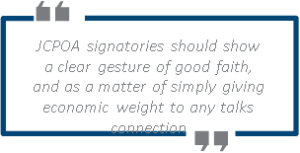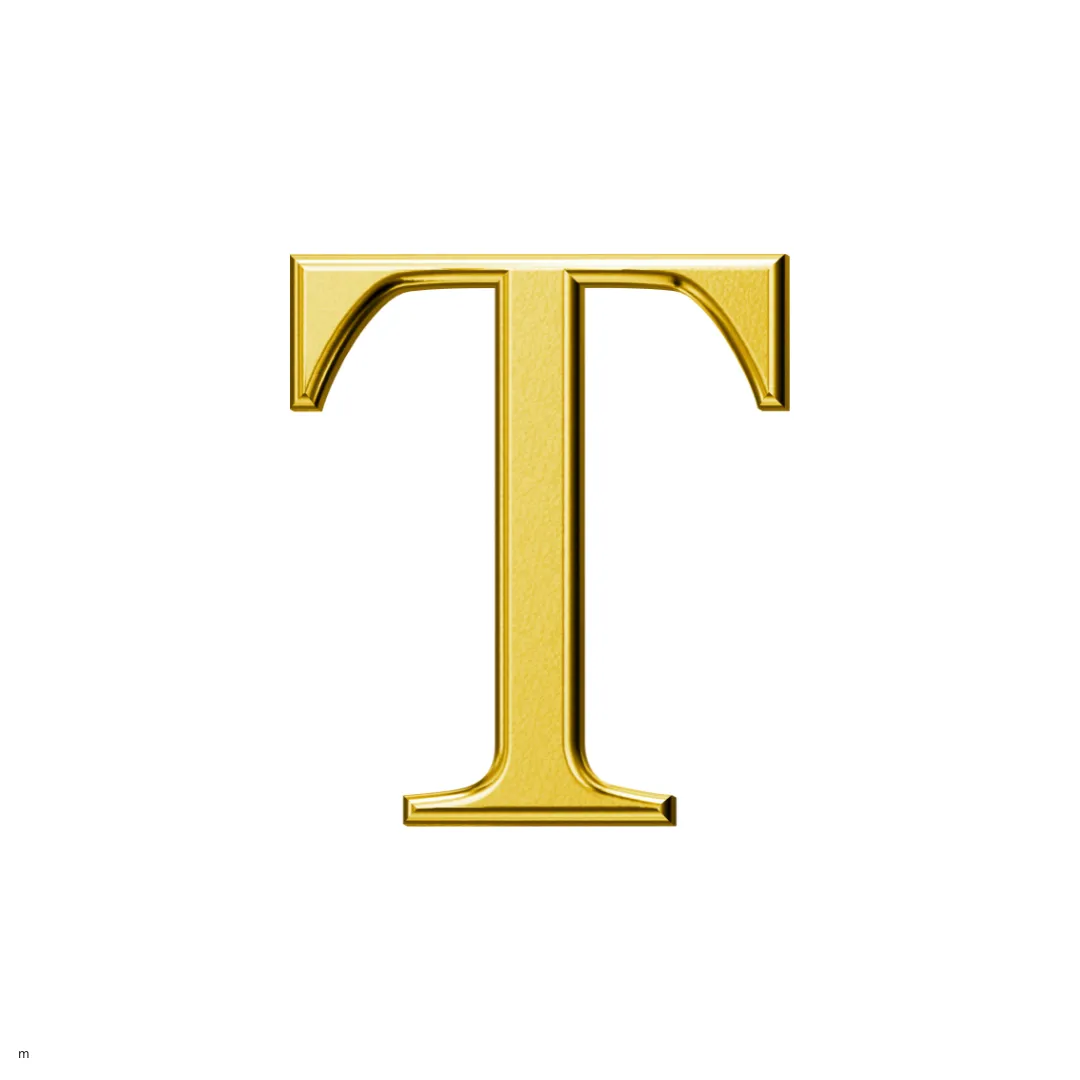By: Dadflamingo

* Dad Flamingo is a full-service business law and valuation firm, qualified by the Iranian Vice-Presidency for Science and Technology as a “Knowledge-Based Company” in both legal and valuation fields. Based in Tehran and Istanbul and recognized by the Iranian Ministry of Science, Research and Technology in 2020 as “The Best Iranian Company” in Human and Social Sciences, ”Dad Flamingo provides legal, financial and valuation services in all fields of industry with a particular emphasis on technology related businesses and venture capital domain. The capability of supporting the legal, financial and fiscal aspects of the referred matters at the same time, hiring and developing the latest innovative tools (AI, blockchain and big data) and providing the most practical solutions for every case are the main advantages of Dad Flamingo which enables its clients to enjoy fully integrated “one stop” legal and financial services.
Introduction:
Over the last two decades, Intellectual Property (“IP”) has become a subject of much debate and discussion among lawyers and stakeholders in the international trade arena. Technological developments, including in communications, the ever-increasing number of new inventions and the emergence of new businesses have also increased the relevance of this area on the domestic level.
Protection of IP rights is not a recent development under Iranian law, as the first piece of legislation dedicated to industrial signs and trademarks passed by the Iranian legislature dates back to 1925. Since then, with the aim of keeping pace with the global trends in IP laws, the Iranian government has passed and, where necessary, amended several sets of rules and regulations governing and protecting IP rights including trademarks and trade names, patents, industrial designs, and geographical indications.

Iran is a signatory to the 1959 Paris Convention for the Protection of Industrial Property and a member of the World Intellectual Property Organization since 2002. As a member of the Madrid Agreement, in 2003 Iran also signed its Protocol on the Universal Registration of Trademarks. Finally, Iran has been a party to the Nice Agreement for the Inter- national Classification of Goods and Services since 2018. Under Iran’s IP laws, a trademark, depending on its nature, can be protected under two different Acts: 1) the Patents, Industrial Designs and Trademarks Registration Act, effective as of 2008 (“Act of 2008”), and 2) the Electronic
Commerce Act of 2003 (“Act of 2003”). Additionally, administrative and judicial precedents play an important role in many aspects of IP rights protection in Iran.
In this Article, we will discuss the definition of a trademark, the difference between a trademark and a trade name, the mechanism of a trademark’s protection and its expiration, as well as the related dispute resolution system under the Iranian legal framework.
Trademark overview:
Trademark is not a newly established concept. In fact, trade- marks had already existed in the ancient world. Centuries ago, Indian craftsmen used to engrave their signature on their works of art before sending them to Iran.
Trademark as a branch of IP rights assumes particular importance as it can help traders grow their business and establish their own dedicated brands. With trademarks, the goods and services of business owners can be distinctly defined and recognized thereby securing the branded products from being misappropriated out in the marketplace. Trademarks also help to protect consumers and the public from misleading competitive behavior and practices. Trademarks can be registered and owned by both natural and legal persons.
Trademark definition. A proper understanding of trademarks requires a precise definition. A trademark can be defined as any symbol or sign or a combination of both used to identify a product or a service. A trademark can consist of any word, shape, sound, color or a combination of such. Article 30(a) of the Act of 2008 employs more or less the same definition; however, it is noteworthy that Iranian law only allows registration of vis- ible signs as a trademark, thus making invisible signs such as sounds and voices not eligible to be registered as trade- marks. Moreover, there are specific requirements to meet for registration of a trademark, such as being distinctive and non-deceptive.
Trademark vs. Trade name:
A trade name and a trademark are two concepts that may sound similar but are in fact different. A trademark, as de- fined under Article 30 (c) of the 2008 Act, is a name or title that identifies and distinguishes a natural or legal person from others. A trade name, on the other hand, is a legal name by which a natural or legal person is known in a particular trade or profession. The main difference between a trademark and a trade name is that business owners have only one trade name but they can choose multiple trademarks for their goods and services. In other words, while a trade name represents the image of a legal or natural person itself, a trademark represents a person’s goods and services. How- ever, a trade name can be often the same as a trademark. Protection of national and International Trademarks in Iran: According to the 2008 Act, the Iranian legal system provides no protection for unregistered trademarks meaning that a trademark must be registered with the Industrial Property Office of Iran to be protected.
There are two exceptions to the general rule:
Trademarks that are well-known, as defined in the Act, can be protected without the need for registration. A well- known trademark is a trademark that, may enjoy a degree of protection, even when unregistered, due to its widespread recognition.
Trademarks that were continuously used before the ratification of the Act of 2008, can be protected without the need for registration. According to Article 20 of the Trademarks and Patents Registration Act of 1931, the owners of these types of trademarks have the priority right to register their respective trademark.

To register a trademark the following essential requirements must be met.
The trademark:
Must be capable of distinguishing one company’s products or services from those of others. Must not be identical with, or confusingly similar to, or con- statute a translation of a trademark which is well known in Iran for identical or similar goods or services of another enterprise in Iran. Must not be identical to a trademark registered in the name of a different owner with an earlier filing date, or priority right, with respect to the same goods and services.
In addition to the protection given by the Act of 2008, the Act of 2003 also protects the IP rights of a trademark owner in cyberspace. According to the Article 66 and 76 of this Act, use of trademarks as domain name or any online usage of trademarks which may mislead or deceive the other party in terms of the originality of goods and services is illegal and the offender will be punished with a one to three years prison sentence and a penalty of 20,000,000 to 100,000,000 IR Rials.
Registration of a trademark protects it by creating the exclusive right of usage for its owner. Once a trademark is registered in Iran, it is protected from use and misuse by others in this territory so that no one other than its registered owner has the right to use it without the trademark’s owner permission. In the event of an infringement, the owner of the trademark is entitled to take legal action against the perpetrator both to stop the infringement and to receive compensation for any damages.
International trademark system (Madrid):
Foreign trademark owners can enjoy equal legal protections in Iran like those who have registered their trademark in Iran. Instead of being directly registered in Iran, International trademarks can be registered for use in Iran through the WIPO-Madrid system, without any need for establishing a subsidiary or a branch in the country (an otherwise legal requirement for registering a trademark in Iran).
Expiration of Legal Protections:
By registering a trademark, protection of that trademark and the rights arising from its protection begin. However, this protection is not indefinite and will expire in the following events.
Expiration of legal protection period:
Around the world, registration of a trademark is valid for different durations depending on the country in which the trademark is registered. In Iran, according to Article 40 (d) of the Act of 2008, a registered trademark is valid for ten years as of the filing date of its application for registration. This protection period can be renewed at the request of the trademark’s owner for one more ten-year period.
Disuse of the trademark for more than three years:
If the trademark’s owner does not use the registered trade- mark on a continued basis for a period of three years as of its registration date (except in the event of force majeure), any interested party (e.g., competitors) can put a request for re- vocation of this registered trademark before the court which may annul the registration before the end of the 10-year life of the registration.

DADFLAMINGO
The impact of economic sanctions on intellectual property:
Iran has been subject to a variety of financial and trade sanctions imposed by the United States and the European Union over the past several years, which have had adverse effects on different aspects of the presence and activities of foreign businesses in Iran. One such element to consider is what impacts economic sanctions may have had on IP rights of a foreign entity in Iran. In principle, sanctions currently in force do not deprive IP owners from protecting their IPs and enforcing the associated rights in this country. However, the owners of IPs have had to consider whether their principal activities are subject to any constraints under the sanctions. In certain circumstances, some foreign entities may choose to halt their operations in Iran until the international restrictions are removed or eased, and such suspension of activities may last for as long as a few years. As mentioned earlier, disuse of a trademark for a more than a 3-year period is one of the grounds which may lead to forced expiration of a trademark protection even if the trademark has been duly registered. Therefore, it is important to keep in mind that if trademark owners cannot use their trademark due to suspension in their business operations (while resolving sanction related is- sues), such nonuse of the trademark may lead to loss of their trademark protection.
Becoming a generic trademark:
It takes considerable effort and time for a trademark to be- come well known in the market. This can almost exclusively be achieved by hard work and diligence on the part of the trademark owner. However, when a well-known trademark becomes generic it loses its product distinction from competitors and no longer identifies a particular manufacturer or source of a product, and soon it loses its legal protection as a trademark. In the same way, a trademark becomes generic when instead of signifying a specific maker of a product, it is commonly considered the type or quality of that good or service. Therefore, it is very important to pay attention to the status of the trademark at the consumer level and prevent it from becoming generic.
Nonconformity with the legal requirements for trademark registration:
If at any time it is determined that any of the legal requirements for registration of a trademark have not been met, an interested party can file a lawsuit to cancel the trademark. The result will be cancelation and the end of trademark’s protection. Therefore, special attention must be paid for the registration of a trademark in Iran in accordance with all legal requirements.
Trademark Dispute Resolution under Iranian Law:
In general, petitions concerning trademarks in Iran are heard by specialized branches of the civil and criminal courts located in Tehran (known as the “Specialized Branches”), as well as by a commission in the Industrial Property Office (“the Commission”) also based in Tehran. Depending on the nature of the claim, a civil or criminal court may have jurisdiction over the case. Lawsuits and objections related to the registration of a trade- mark such as infringement, prohibition of use, damages and revocation of registration certificates are heard in Specialized Branches while claims related to pre-registration of a trademark such as objecting to a registration or non-registration of a trademark are filed before the Commission. Decisions issued by this Commission, as well as those delivered by the Specialized Branches can be appealed in civil courts within 60 days from the date of issuance.



